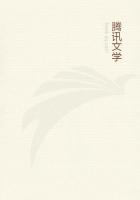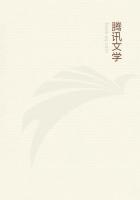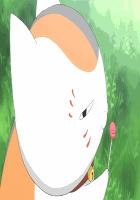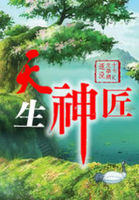Look where we would there was no rock or tree;nothing but an unending glare,rendered dazzling by the hot air which danced over the surface of the desert as it does over a red-hot stove.
"What is to be done?"asked Sir Henry;"we can't stand this for long."We looked at each other blankly.
"I have it,"said Good;"we must dig a hole and get into it,and cover ourselves with the karoo bushes."It did not seem a very promising suggestion,but at least it was better than nothing,so we set to work,and,with the trowel we had brought with us and our hands,succeeded in about an hour in delving out a patch of ground about ten feet long by twelve wide to the depth of two feet.
Then we cut a quantity of low scrub with our hunting knives,and,creeping into the hole,pulled it over us all,with the exception of Ventv?gel,on whom,being a Hottentot,the sun had no particular effect.This gave us some slight shelter from the burning rays of the sun,but the heat in that amateur grave can be better imagined than described.The Black Hole of Calcutta must have been a fool to it;indeed,to this moment;I do not know how we lived through the day.There we lay panting,and every now and again moistening our lips from our scanty supply of water.Had we followed our inclinations we should have finished off all we had in the first two hours,but we had to exercise the most rigid care,for if our water failed us we knew that we must quickly perish miserably.
But everything has an end,if only you live long enough to see it,and somehow that miserable day wore on towards evening.About three o'clock in the afternoon we determined that we could stand it no longer.
It would be better to die walking than to be slowly killed by heat and thirst in that dreadful hole.So,taking each of.us a little drink from our fast diminishing supply of water now heated to about the same temperature as a man's blood,we staggered on.
We had now covered some fifty miles of desert.If my reader will refer to the rough copy and translation of old Da Silvestra's map he will see that the desert is marked as being forty leagues across,and the "pan bad water"is set down as being about in the middle of it.Now,forty leagues is one hundred and twenty miles;consequently,we ought at the most to be.within twelve or fifteen miles of the water,if any should really exist.
Through the.afternoon we crept slowly and painfully along,scarcely doing more than a mile and a half an hour.At sunset we again rested,waiting for the moon,and,after drinking a little,managed to get some sleep.
Before we lay down Umbopa pointed out to us a slight and indistinct hillock on the flat surface of the desert about eight miles away.At the distance it looked like an ant-hill,and as I was dropping off to sleep I fell to wondering what it could be.
With the moon we started on again,feeling dreadfully exhausted,and suffering tortures from thirst and prickly heat.Nobody who has not felt it can know what we went through.We no longer walked,we staggered,now and again falling from exhaustion,and being obliged to call a halt every hour or so.We had scarcely energy left in us to speak.Up to now Good had chatted and joked,for he was a merry fellow;but now he had not a joke left in him.
At last,about two o'clock,utterly worn out in body and mind,we came to the foot of this queer hill,or sand koppie,which did at first sight resemble a gigantic ant-heap about a hundred feet high,and covering at the base nearly a morgen (two acres)of ground.
Here we halted,and,driven by our desperate thirst,sucked down our last drops of water.We had but half a pint a head,and we could each have drank a gallon.
Then we lay down.Just as I was dropping off to sleep I heard Umbopa remark to himself in Zulu,"If we cannot find water we shall all be dead before the moon rises morrow."I shuddered,hot as it was.The near prospect of such an awful death is not pleasant,but even the thought of it could not keep me from sleeping.


